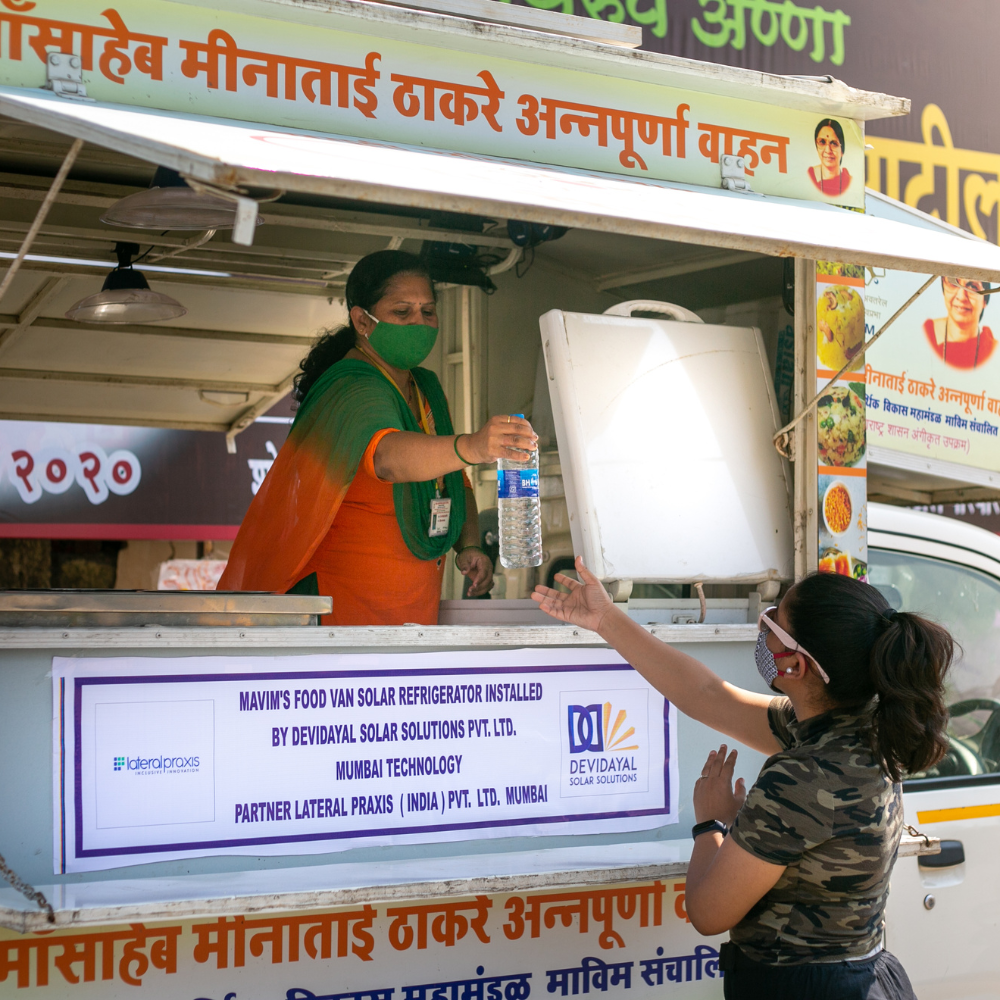Business Model Innovations project
The business model innovation research project provides information on a range of business model innovations in the off-grid appliance sector.

The business model innovation research project provides information on a range of business model innovations in the off-grid appliance sector. The research project aims to enhance awareness among private and public sector actors of business model innovations for off-grid appliances and their applications for households, farmers, and businesses in areas of off-, weak- or mini- electricity grid connection.
The project looks at three key themes within business model innovation: environmental sustainability and circularity, consumer affordability and resilience to regional and global shocks.
The main research outputs three reports that feature case studies, which profile organisations that have implemented business model innovations focusing on environmental sustainability and circularity, affordability, and resilience, a searchable database of over 100 companies, and a series of three podcasts covering some of the prominent themes.
Business Model Innovation Podcasts
This podcast explores the innovations of businesses working to enable access to off-grid appliances through interviews with industry experts. Over the series, reporter, Louise Osborne, talks to Christian Pirzer, Project Lead at Endeva, Raluca Dumitrescu, a consultant to MicroEnergy International and Rustam Sengupta, a renewable energy expert and entrepreneur at Sustainable Development Technology Canada.
Episodes:
- Business model innovations addressing environmental sustainability and circularity
- Business model innovations ensuring resilience
- Business model innovations addressing affordability
Business model innovations addressing environmental sustainability and circularity:
Circular business models can help organisations to use resources more efficiently, save costs and reduce risks. These case studies explore how organisations can implement environmentally sustainable and circular business models. It looks at specially designed business models and practices that can help facilitate the transition to a circular economy. This is the first output published under the Business Model Innovations project.
Business model innovations ensuring resilience:
Companies operating in emerging and low-income markets have developed a broad spectrum of business model innovations that will help make them more resilient in the face of external shocks. These case studies focus on opportunities that help enhance resilience, including product innovations that help meet the needs of last-mile customers, supply-chain adjustments that increase flexibility and stability, financial instruments that enable service models, and cross-sectoral partnerships with stakeholders along the value chain. This is the second output published under the Business Model Innovations Project.
Business model innovations addressing affordability:
Costs for affordable and high-performing productive-use appliances vary significantly based on the type of appliance, its quality, and the customer’s region. However, they are all typically too expensive for people who live near or below the poverty line. These case studies explore how companies have developed a broad spectrum of business model innovations aimed at overcoming the affordability barrier for a large portion of population in emerging and low-income markets. This is the second output published under the Business Model Innovations Project.